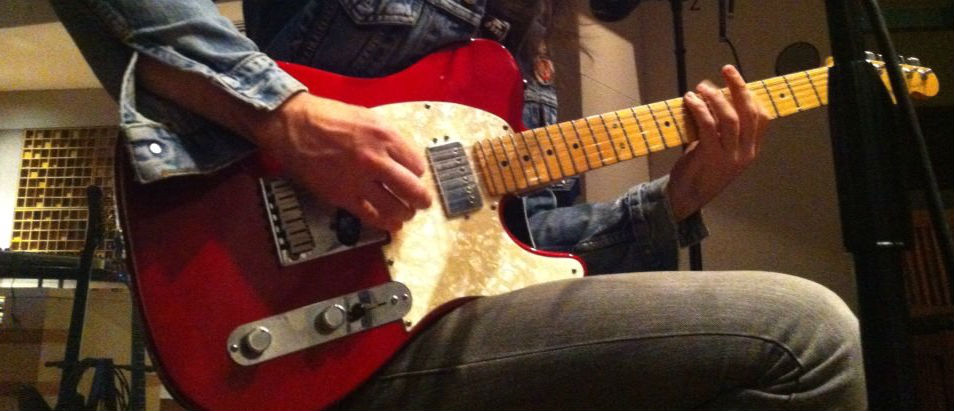You're wondering, "What is show etiquette and why do I care about it?" Well, let me be the one to tell you that there are a few unspoken rules about behavior at musical events. These keep the atmosphere amicable and ensures that everyone has a good time. Not sure if you've been adhering? Let me help!
At live shows where the music is loud, the "rules" are a bit more lenient: talking, singing along, and being loud (when the time is right) are encouraged, especially at rock, pop, and country shows. Performers appreciate a heart-felt applause when the whole room is connected through the music. However, loud talking at quieter shows can become distracting. Take note of the "feel" of the room. Is everybody sitting down, gazing quietly at the stage? Probably not the best time to discuss your favorite Real Housewives of Orange County episode at the top of your outside voice. I've seen more than one performer have to say something in between songs to over-the-top noisy patrons. Trust me, it is always embarrassing!
Let's talk about smart phones. They're wonderful and handy. They have all kinds of features, including a camera and a video recorder! Awesome! But does that necessitate you becoming the next Spike Jonze, recording your favorite band in hopes of making that next viral video? Unless you have been specifically asked to do so, most likely the screen is distracting others. This is especially true if you have your hand up in the line of sight to the band. Of course you should get some memories, but take a few moments to EXPERIENCE the show outside of a screen that is only a few inches wide. I've talked to friends after shows and asked them if they remembered certain key moments and they don't, some going so far as to review their footage, hoping to recapture that magic moment when the performer was really connecting with the crowd!
Thirdly, attendance. Yes, you are allowed to come and go as you please, but if you're paying for three bands, why just stay for one? This rang true to me when I was told by an old family friend that he had paid to see Steppenwolf ("Born to Be Wild" fame) in concert. Well, his friends decided to wait to go to the show just to see the headliner. He went early to see all the groups and happened to catch the opening act. They blew him away and he later found that he had seen one of the first big shows for a little known band called Three Dog Night. Ring any bells now?
The whole purpose of this particular post is to convey ideas that you may or may not entirely agree with. I think everyone is entitled to their own protocol. I've just been playing shows and going to concerts since a very early age and I find by sticking to these "rules" everyone has a good time!
Interested in more information on subjects such as these? Here at Matt Burk Music Studio, we understand not only how to turn students into great performers, but the ins and outs of being a professional musician and spectator. We specialize in custom lessons tailored to the student. We offer private music lessons in piano, guitar, drums, bass, voice, songwriting, and audio production. Check out the rest of our site or come by one of our locations in Allen or Frisco Texas areas! Matt Burk Music Studio: Learn, Create, Perform!






















